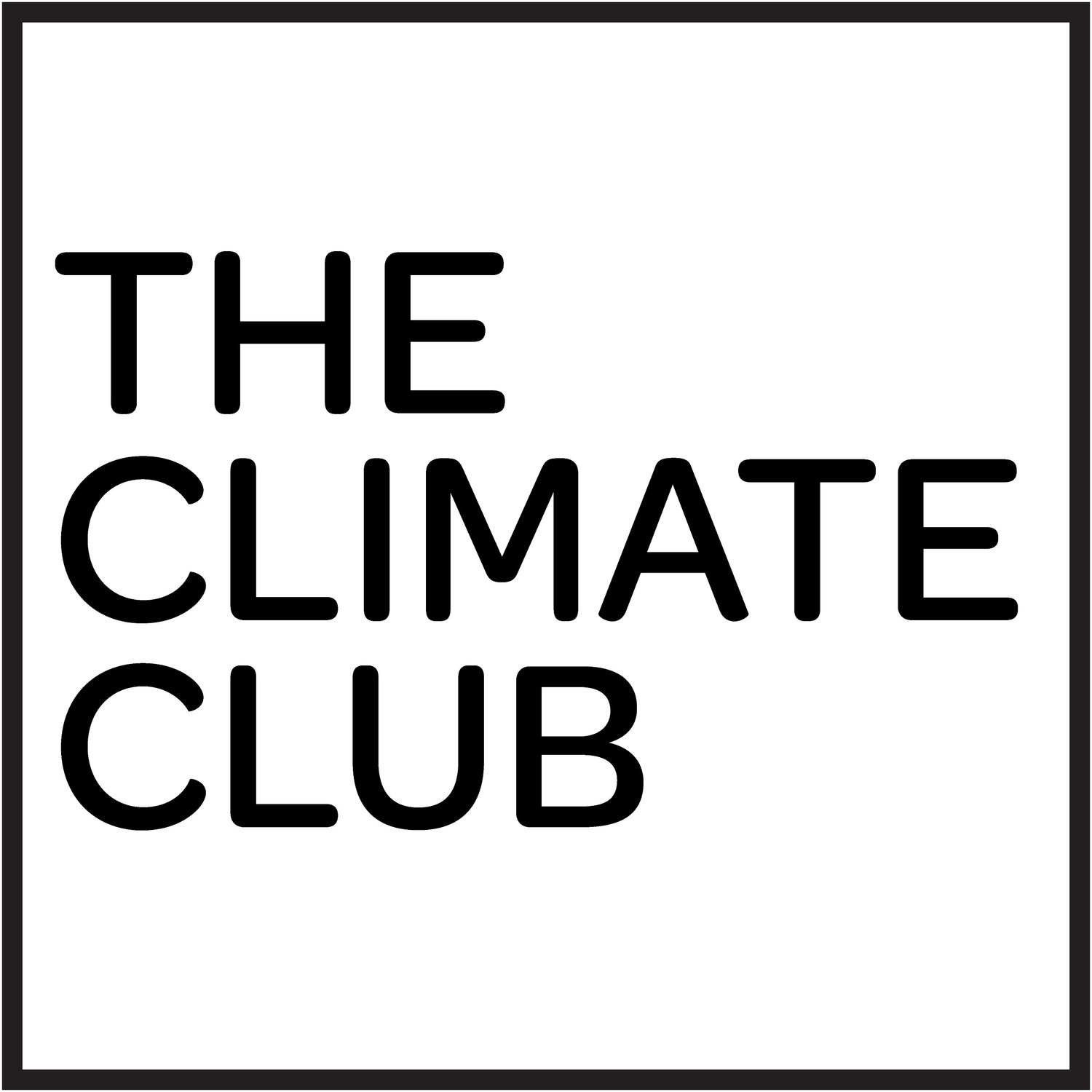Climate Education: Building a Better Future
Understanding climate change is crucial for protecting public health, making it essential to improve climate knowledge in schools and universities worldwide. Accessible learning opportunities should be provided in diverse locations to reach underserved communities.
Microplastic Releases
Recent research by the National Institute of Standards and Technology (NIST) indicates that plastic polymer products, when exposed to hot water, release trillions of nanoparticles per liter into their surroundings.
HPTED: Health Promotion Through Environmental Design
Health Promotion Through Environmental Design is a concept that was developed by researchers at the University of Michigan’s Prevention Research Center. These programs play a crucial role in addressing the negative effects of the Flint water crisis.
Unusual Weather in an Unusual Time
One of the most significant consequences of climate change is the increased frequency and intensity of abnormal weather patterns, including tornadoes, hurricanes, and periods of extreme heat or cold.
Understanding Candida Auris: Emergence, Epidemiology, and Clinical Implications
Candida auris (C. auris) is a dangerous fungus that is becoming a serious global health problem. It is difficult to manage because it can withstand a variety of antifungal medications that doctors typically prescribe to treat infections. C. auris is also tricky to identify, which can lead to wrong treatments and an increased spread. C. auris has caused outbreaks in hospitals and other healthcare settings due to its ability to persist on surfaces such as bed rails, chairs, and medical equipment, thereby facilitating rapid transmission between individuals.





